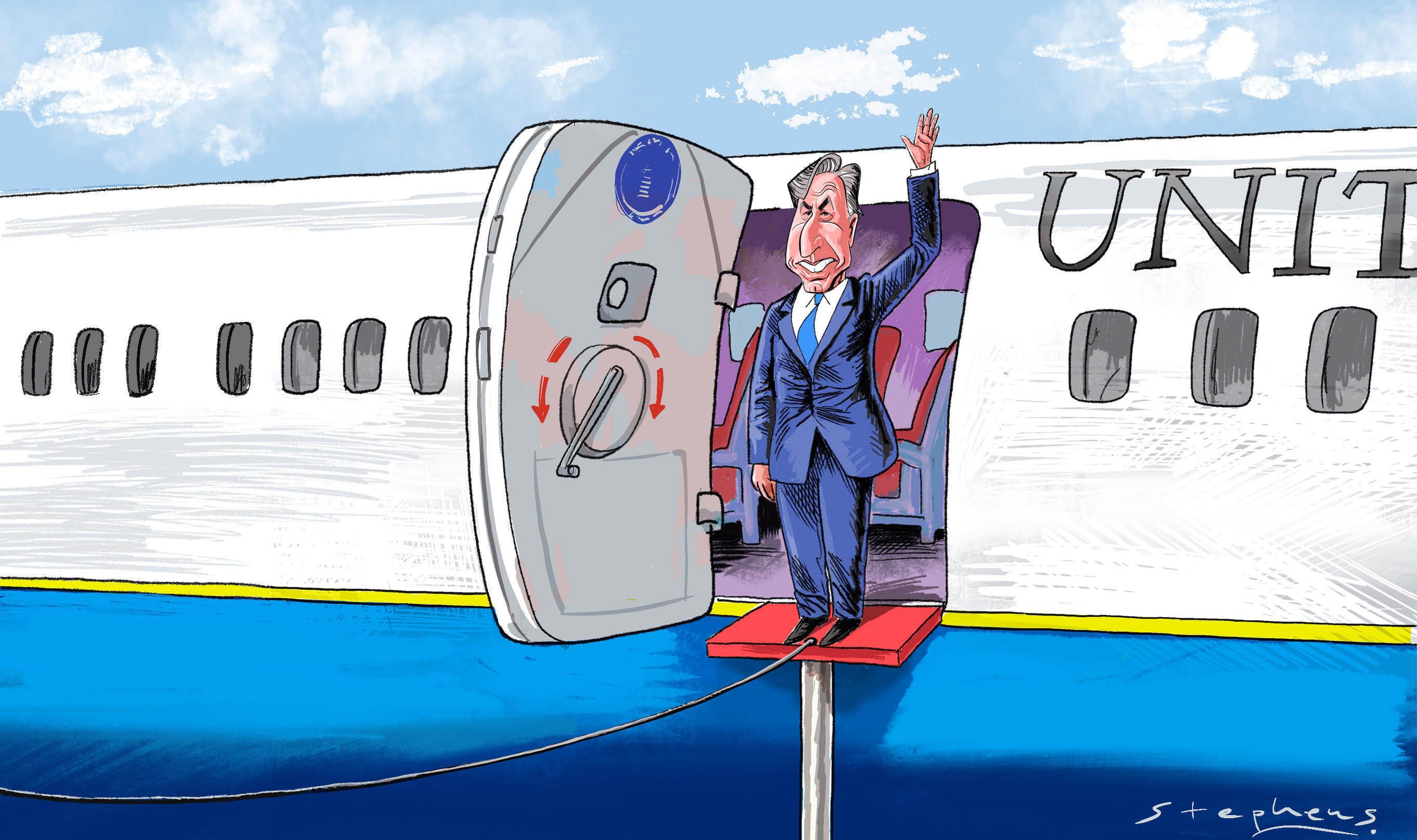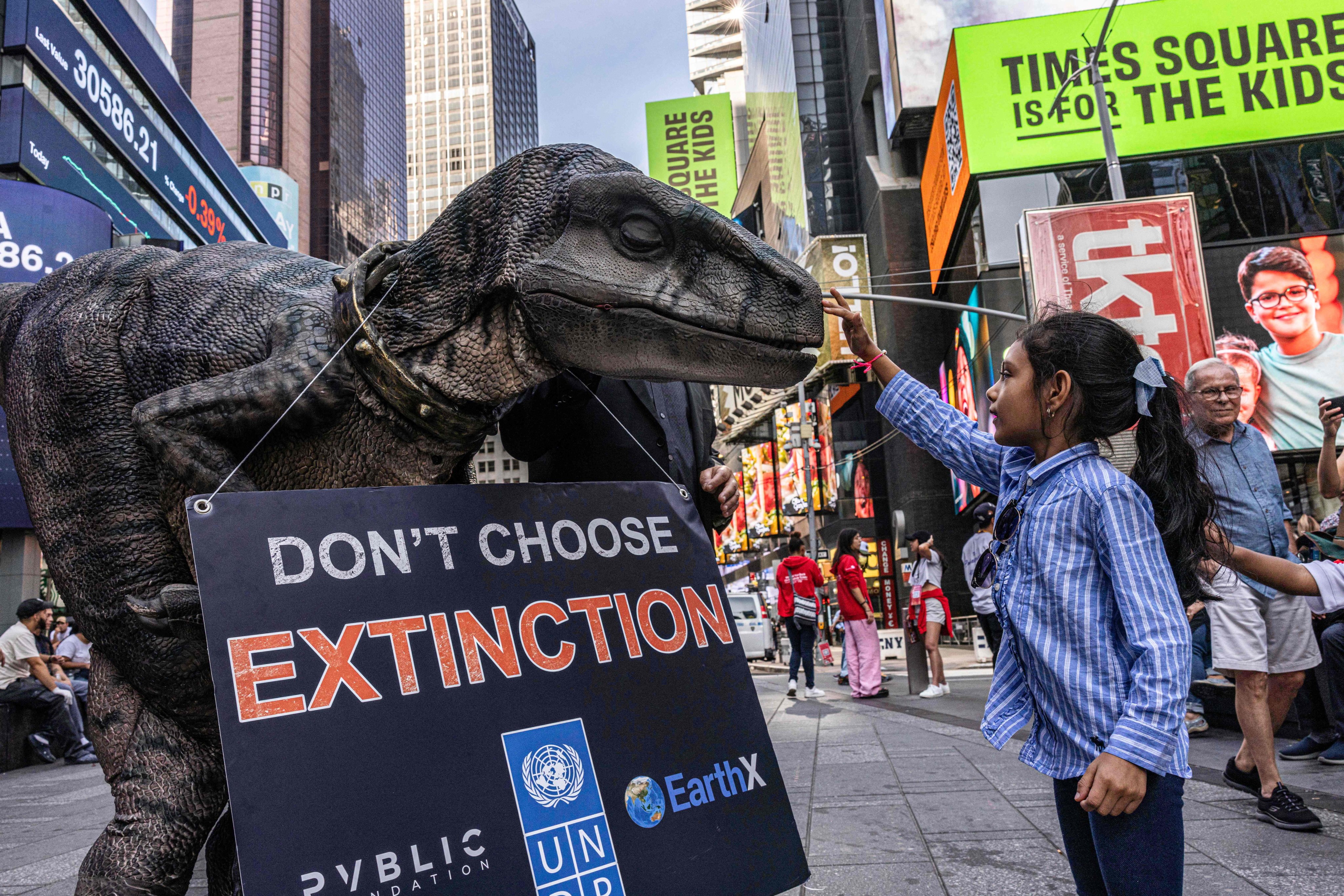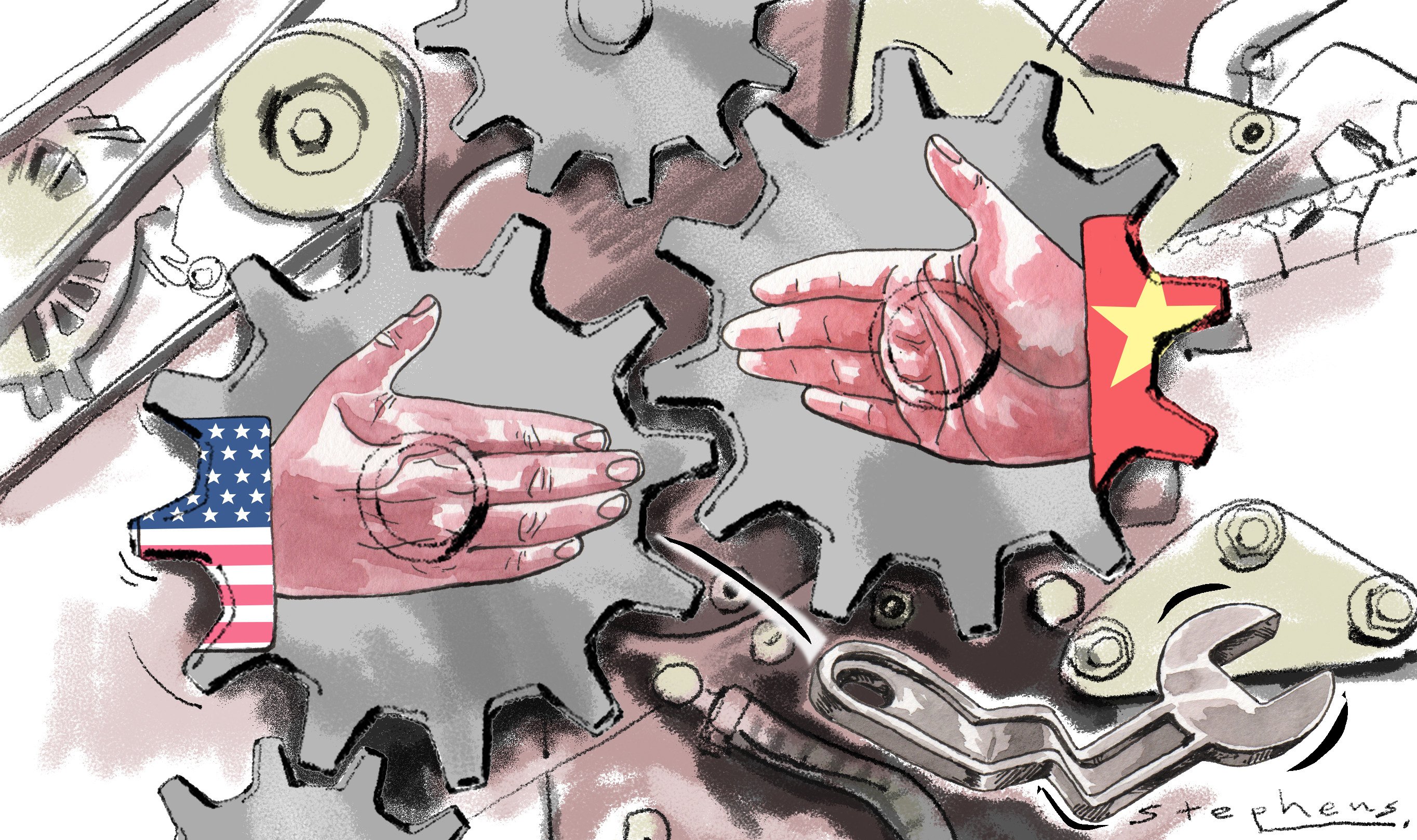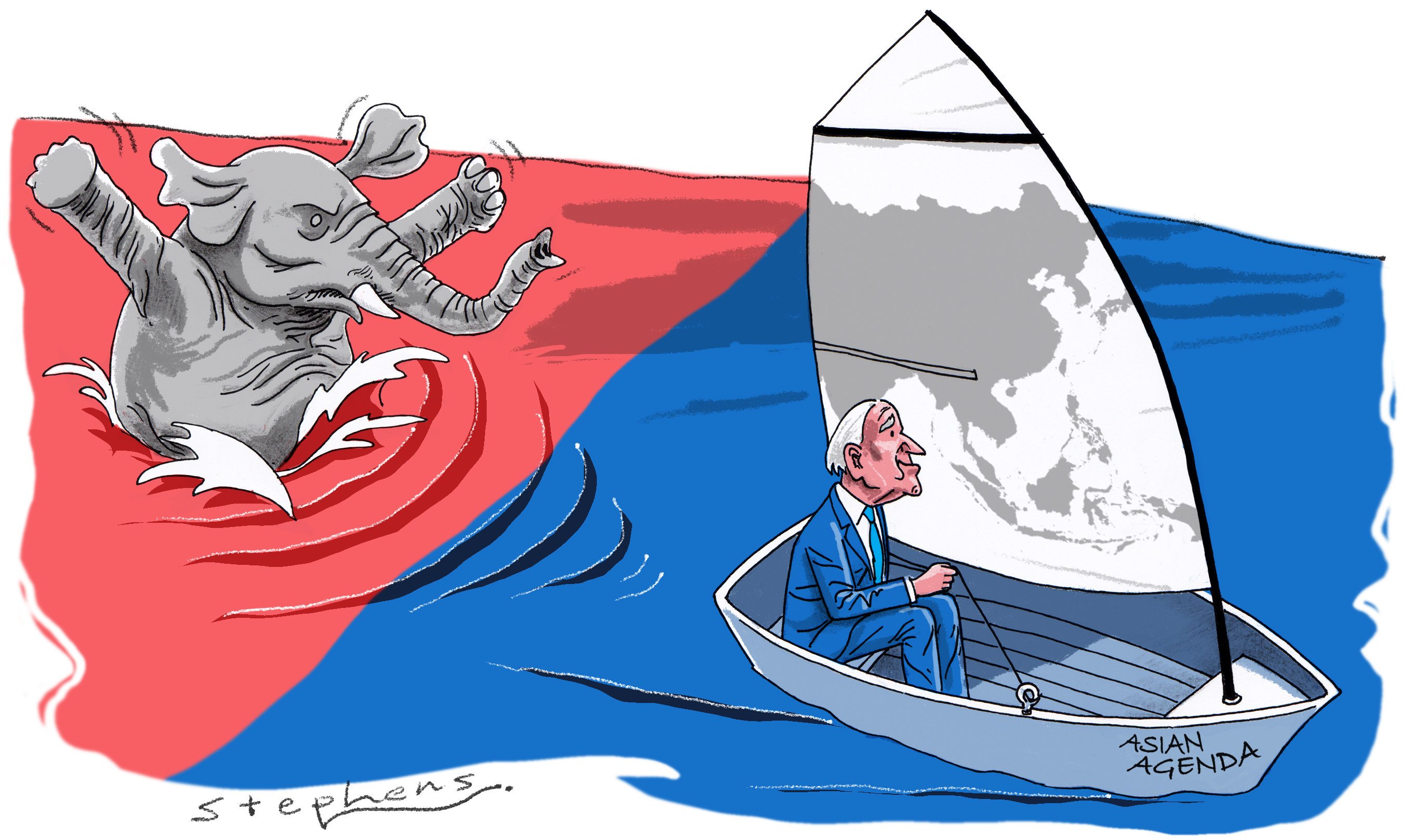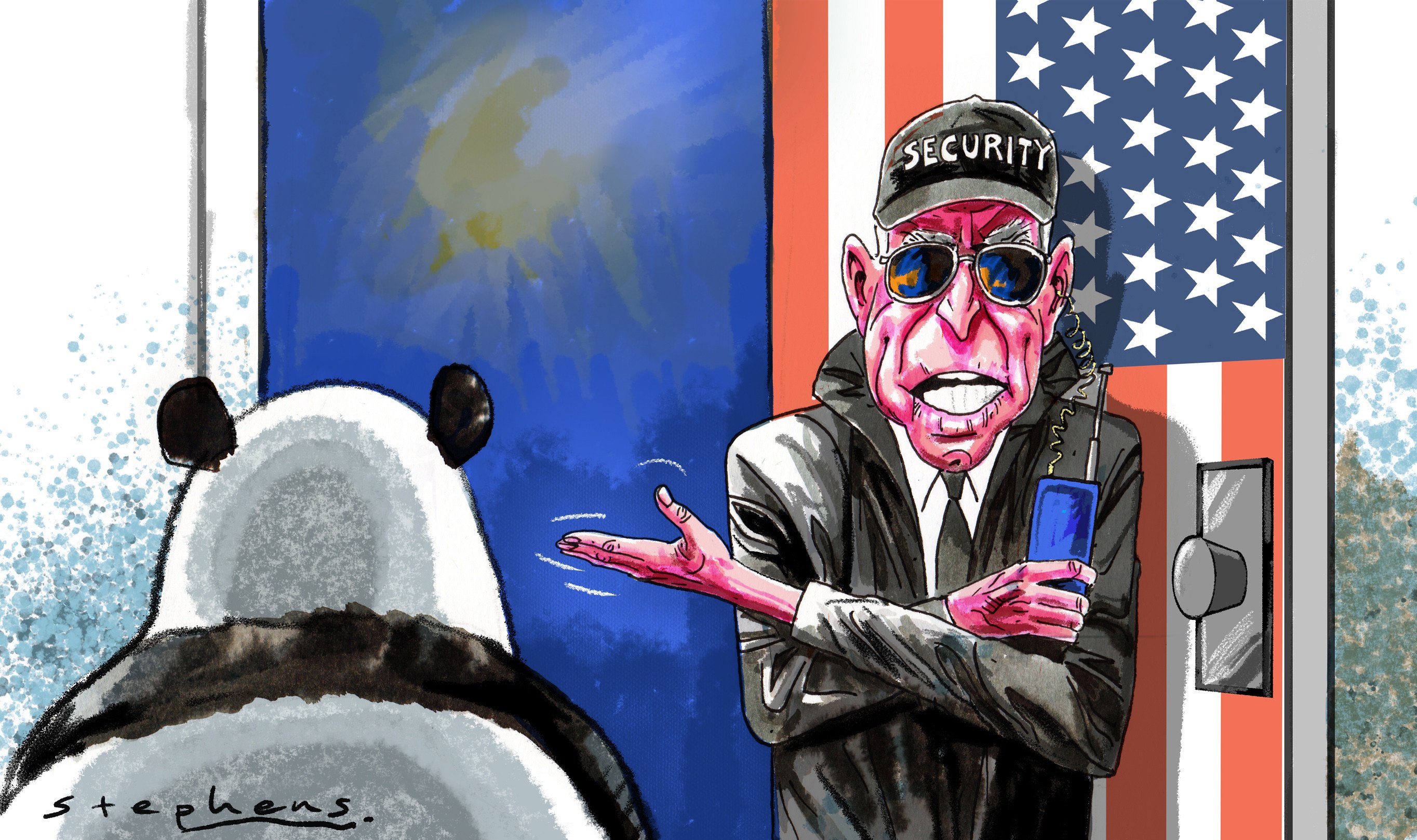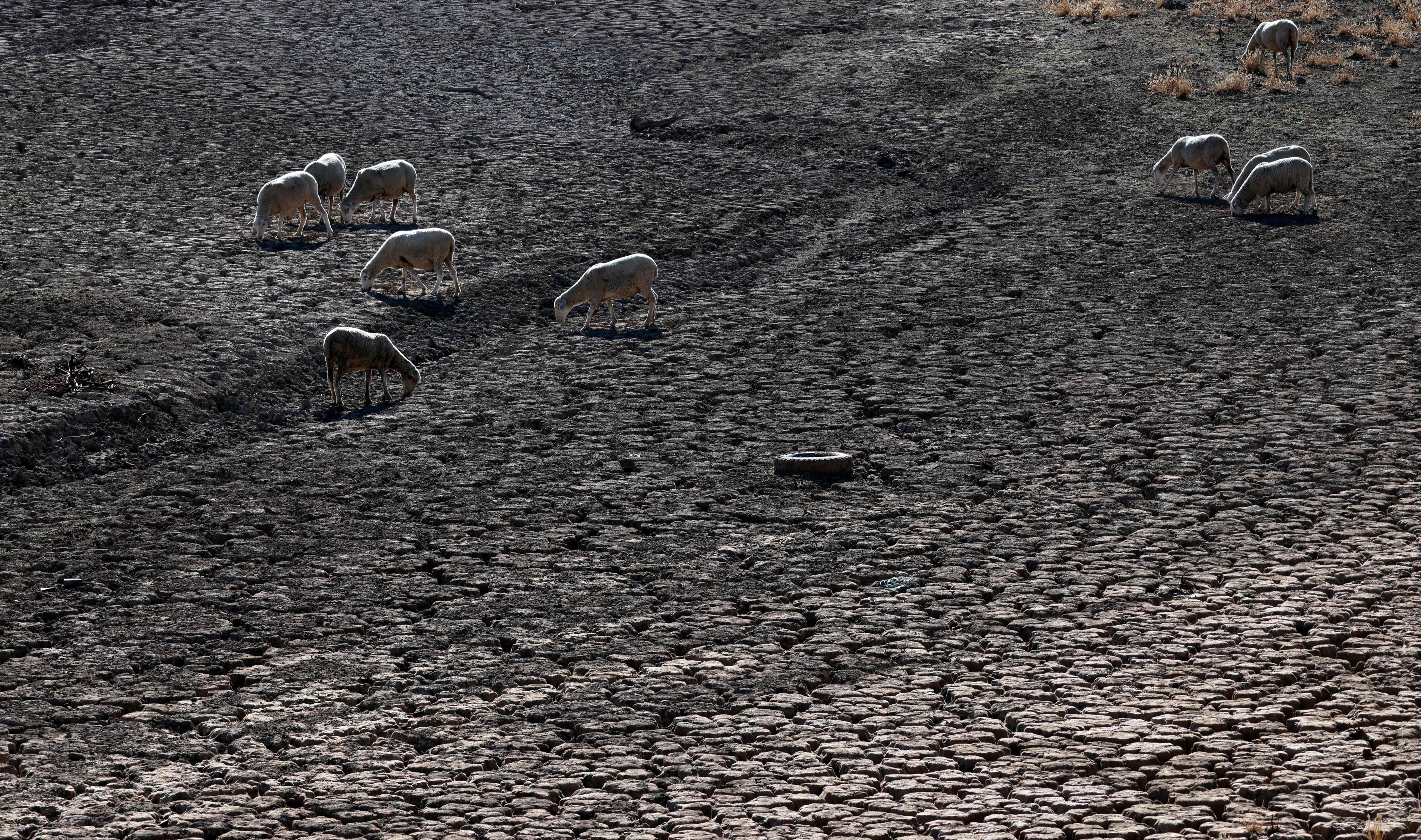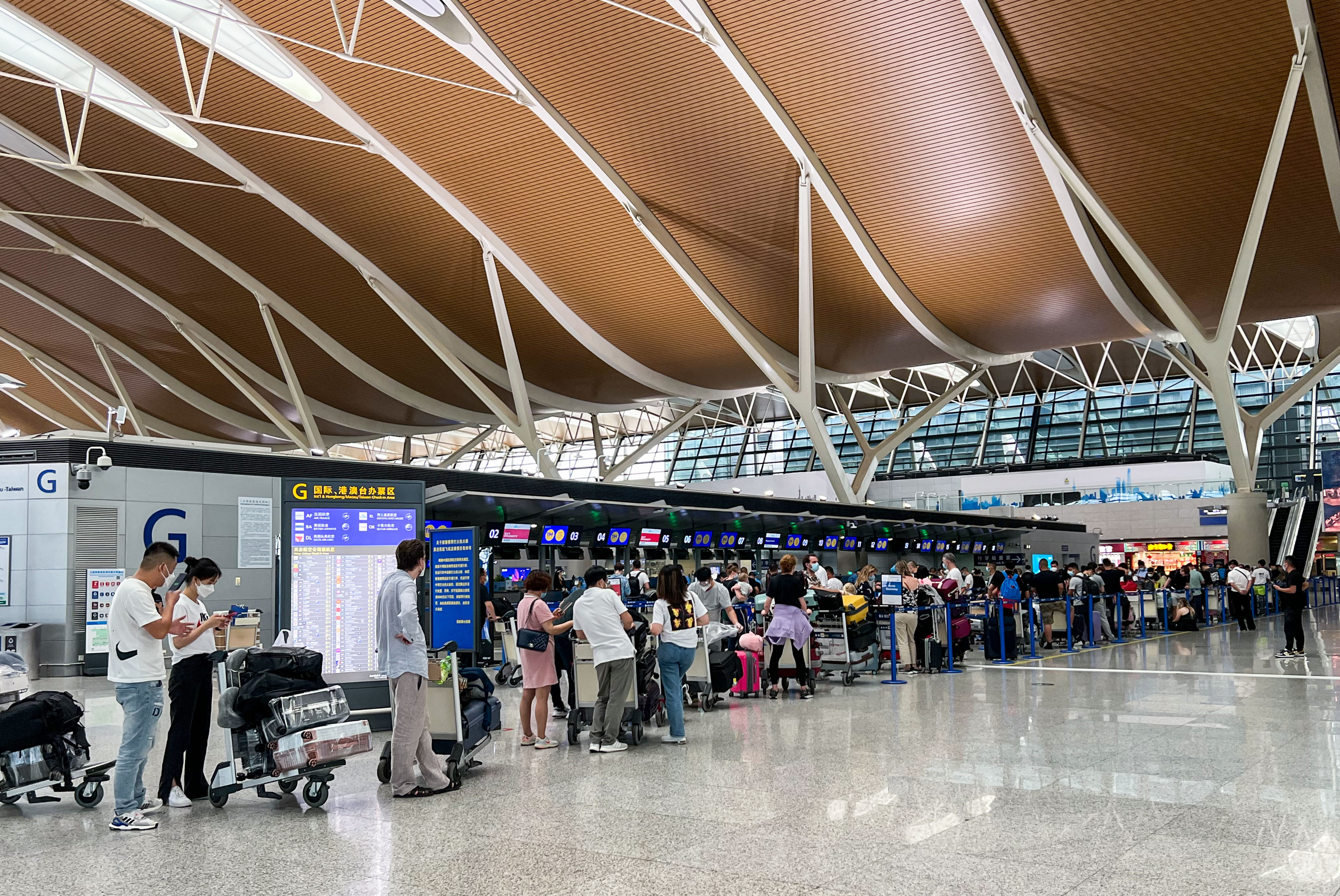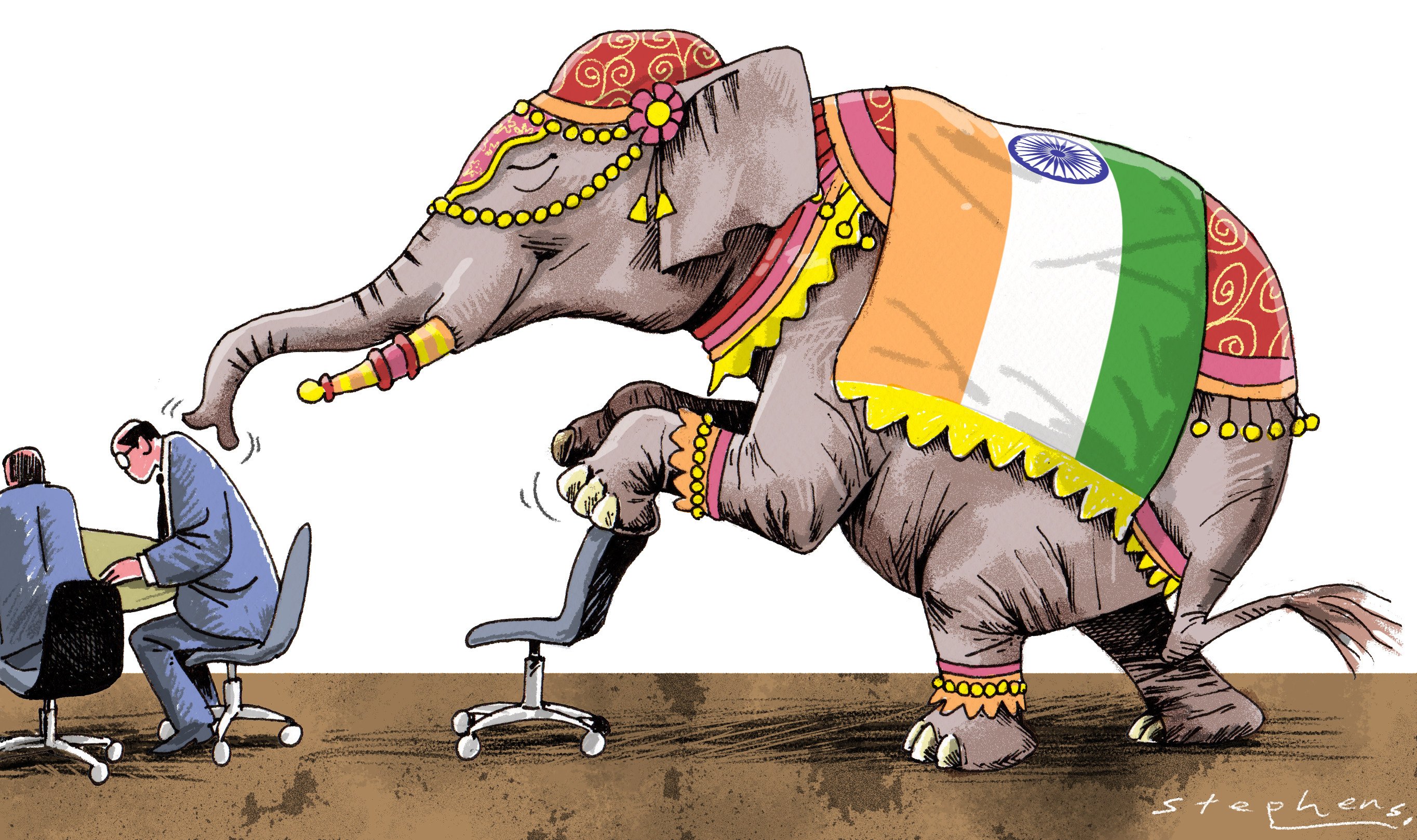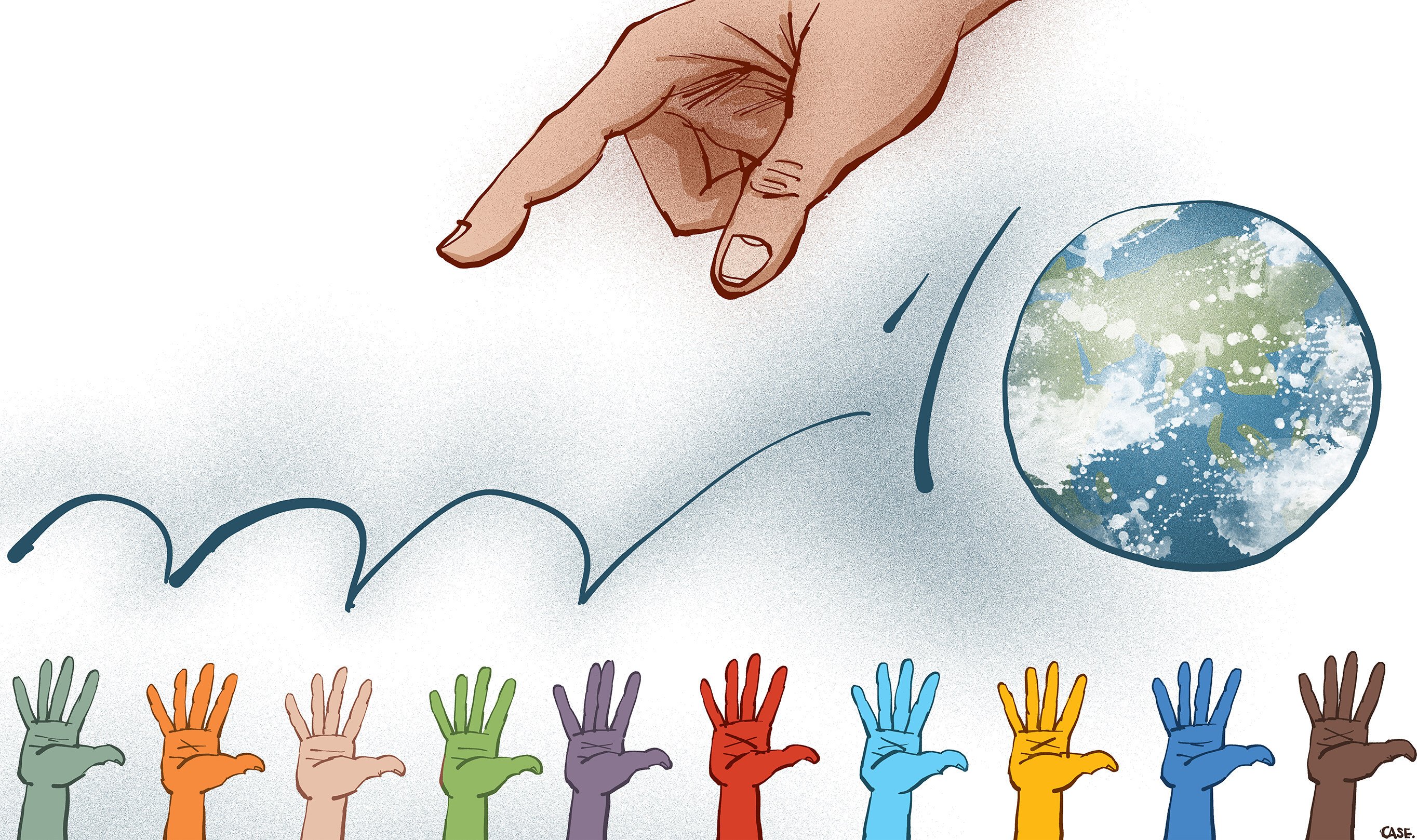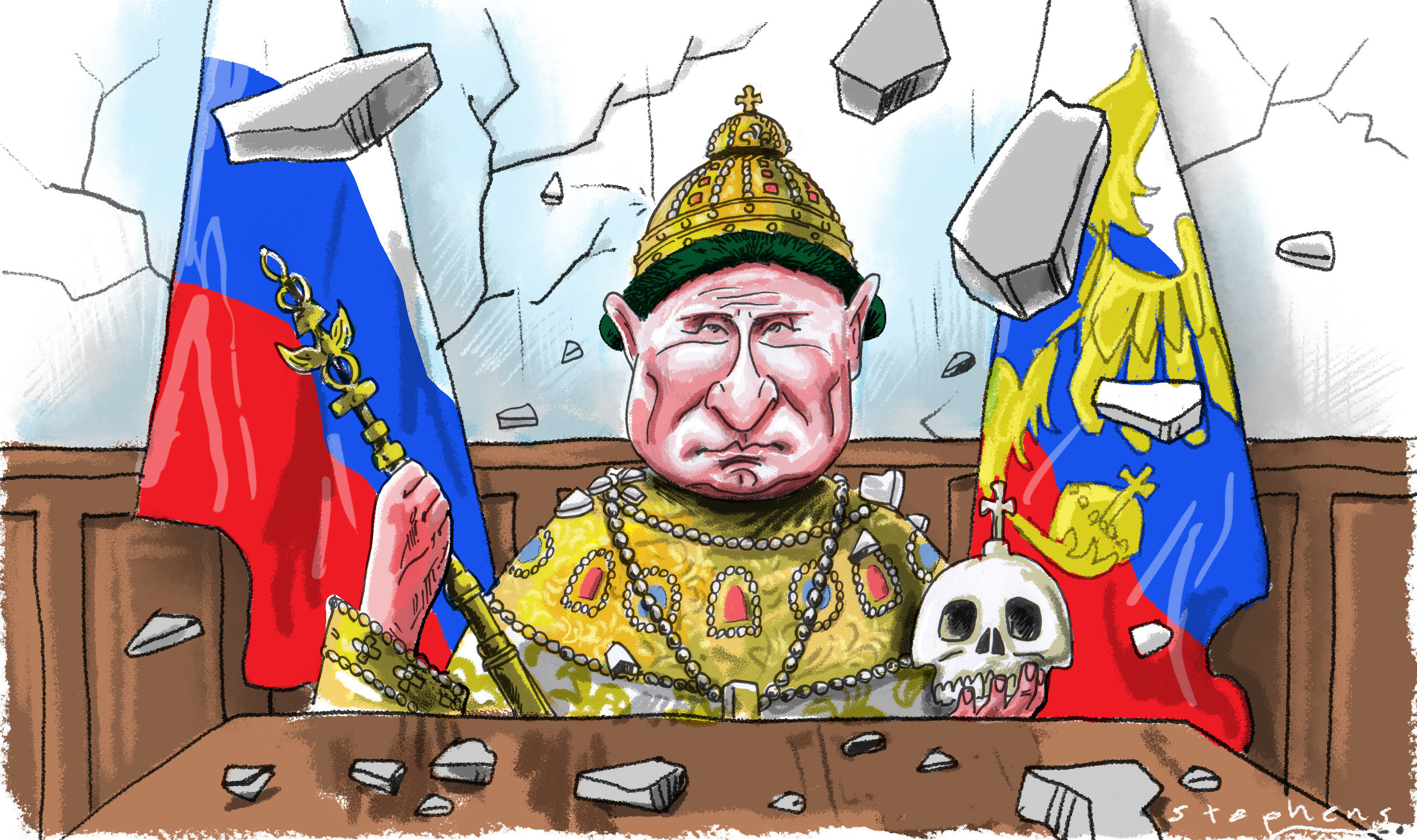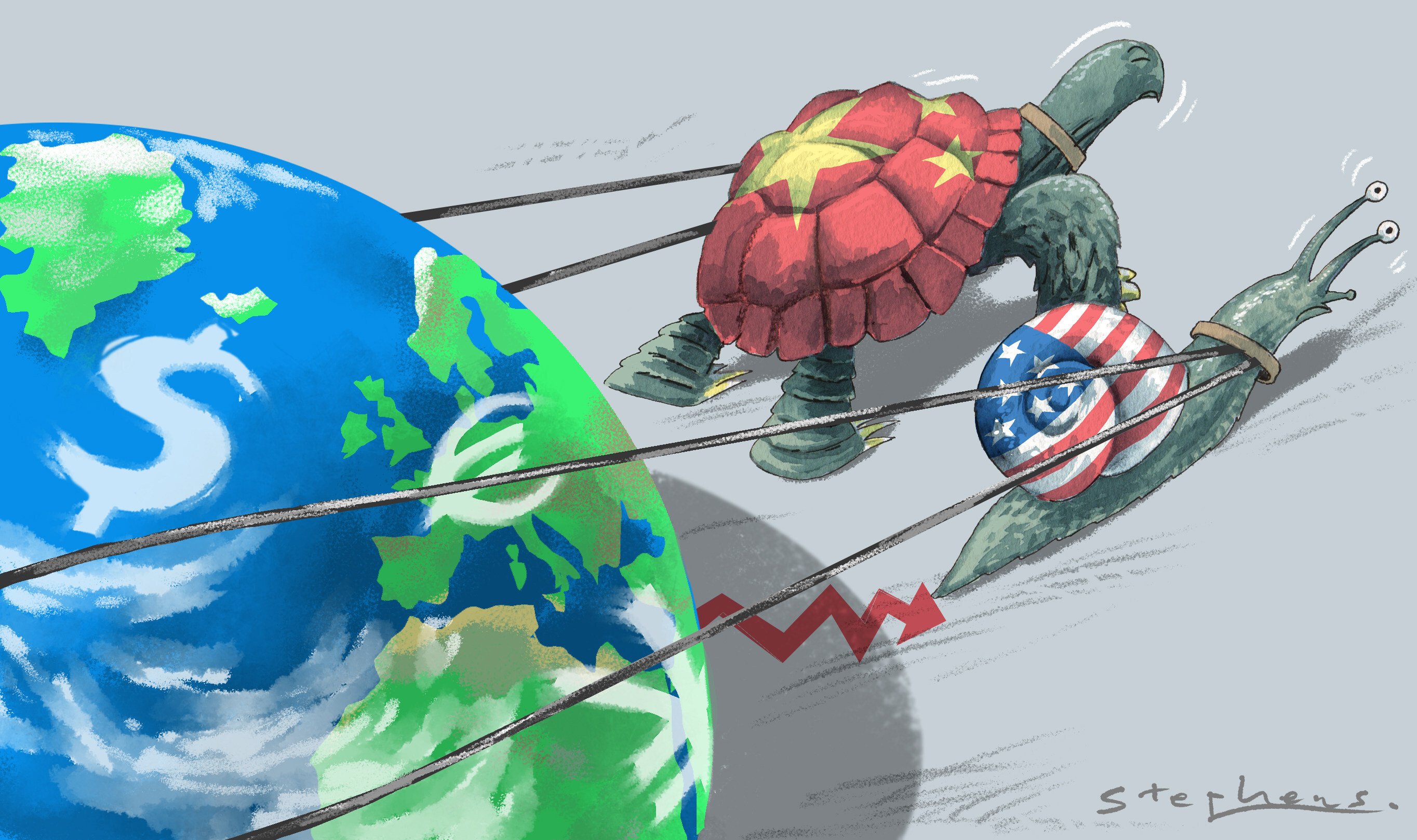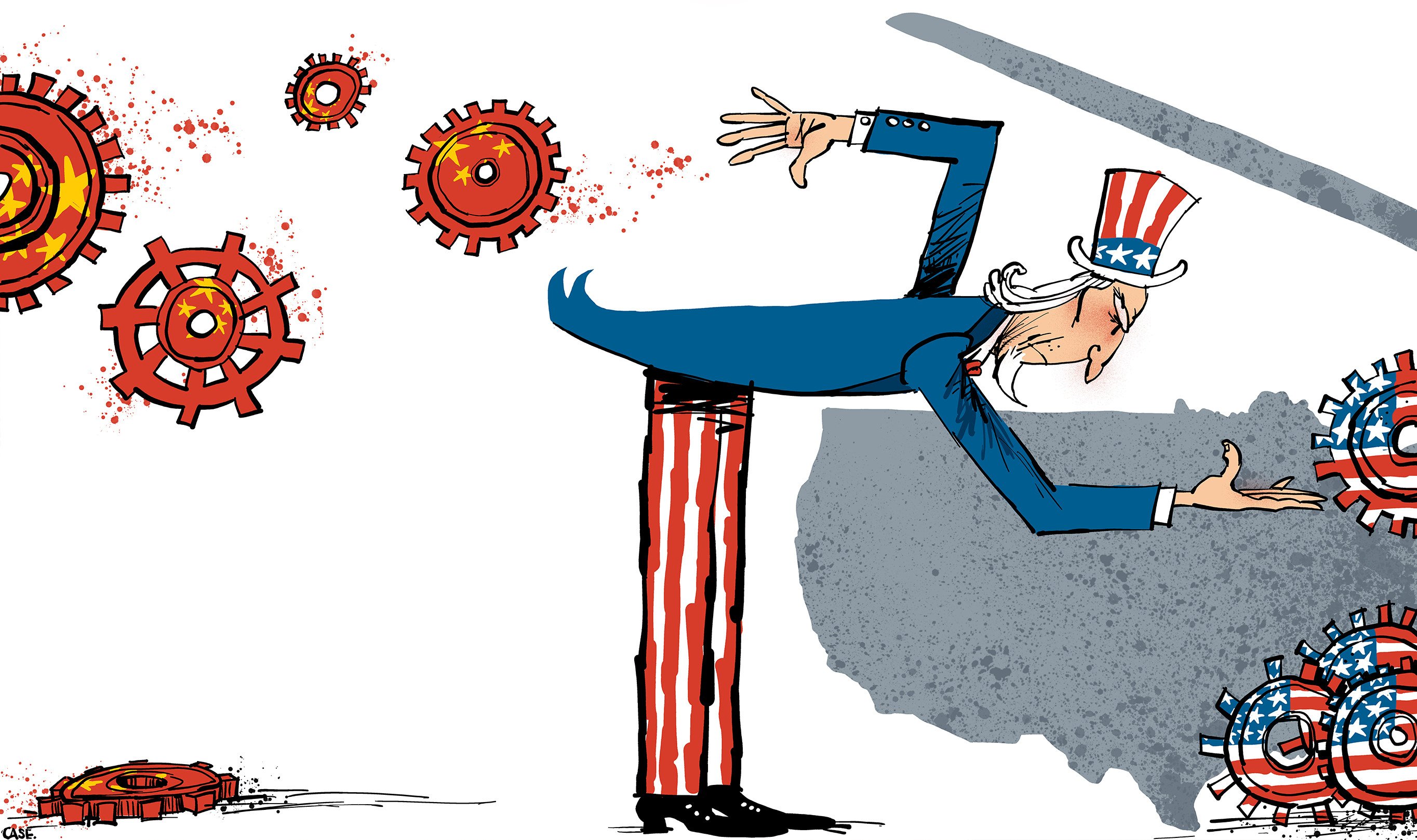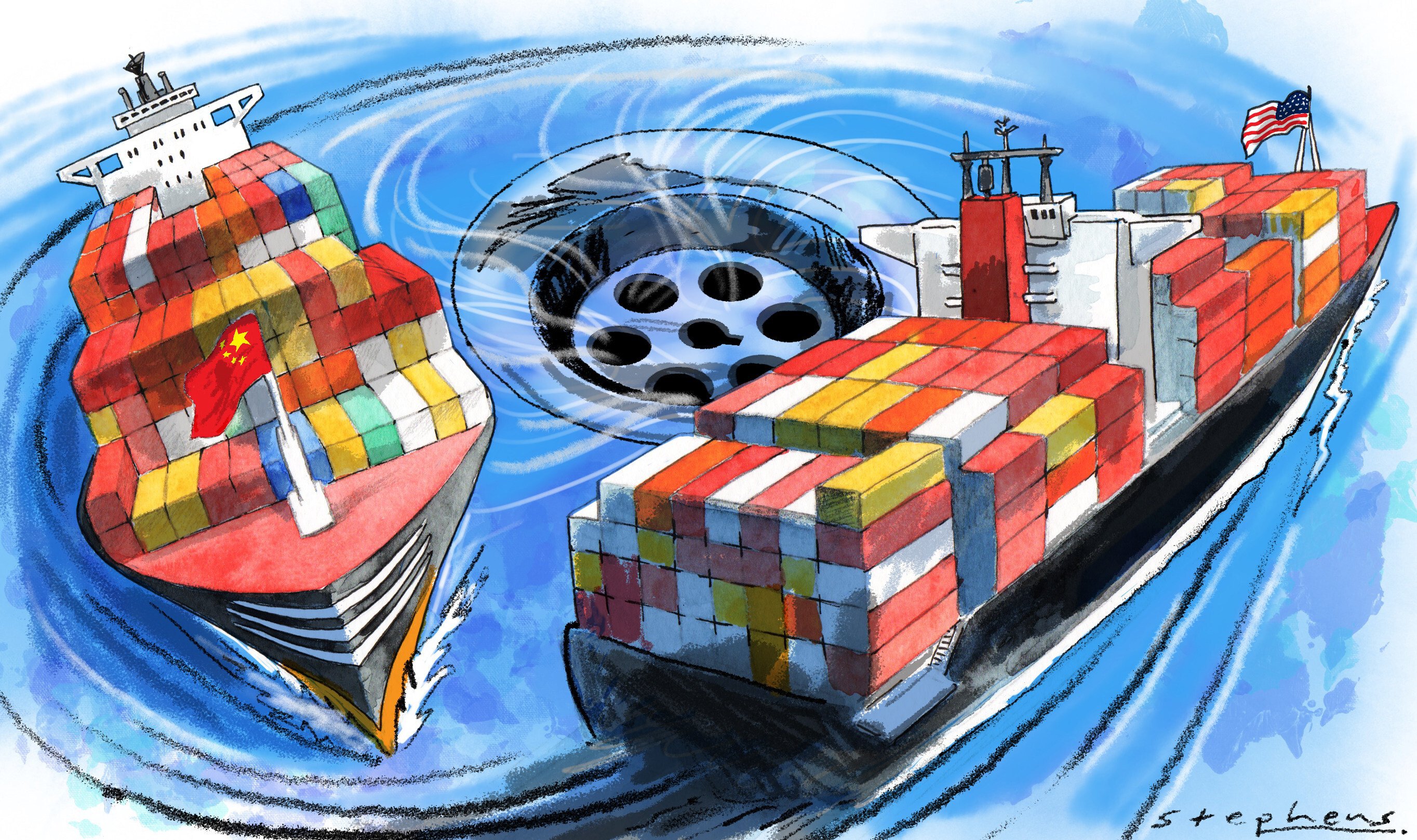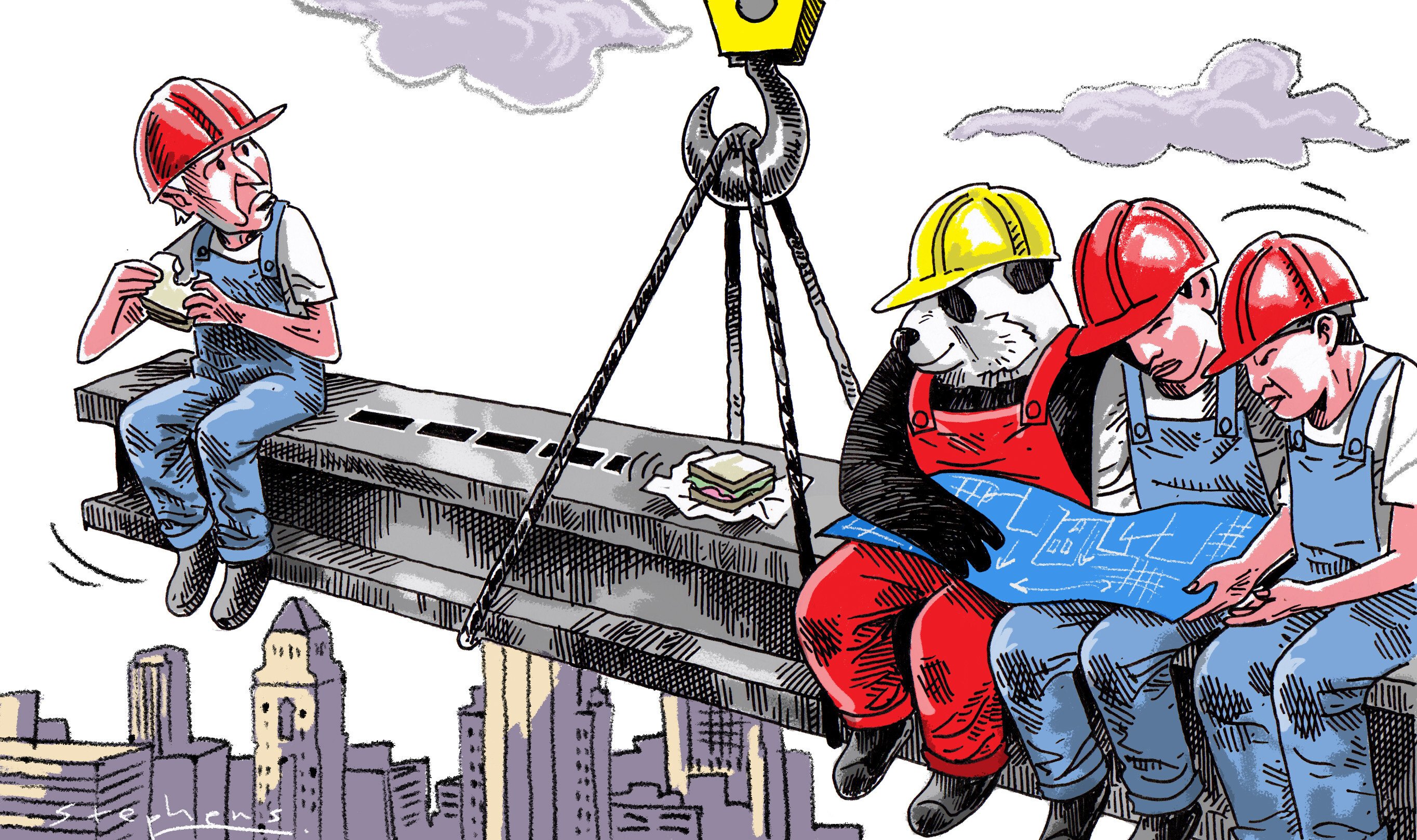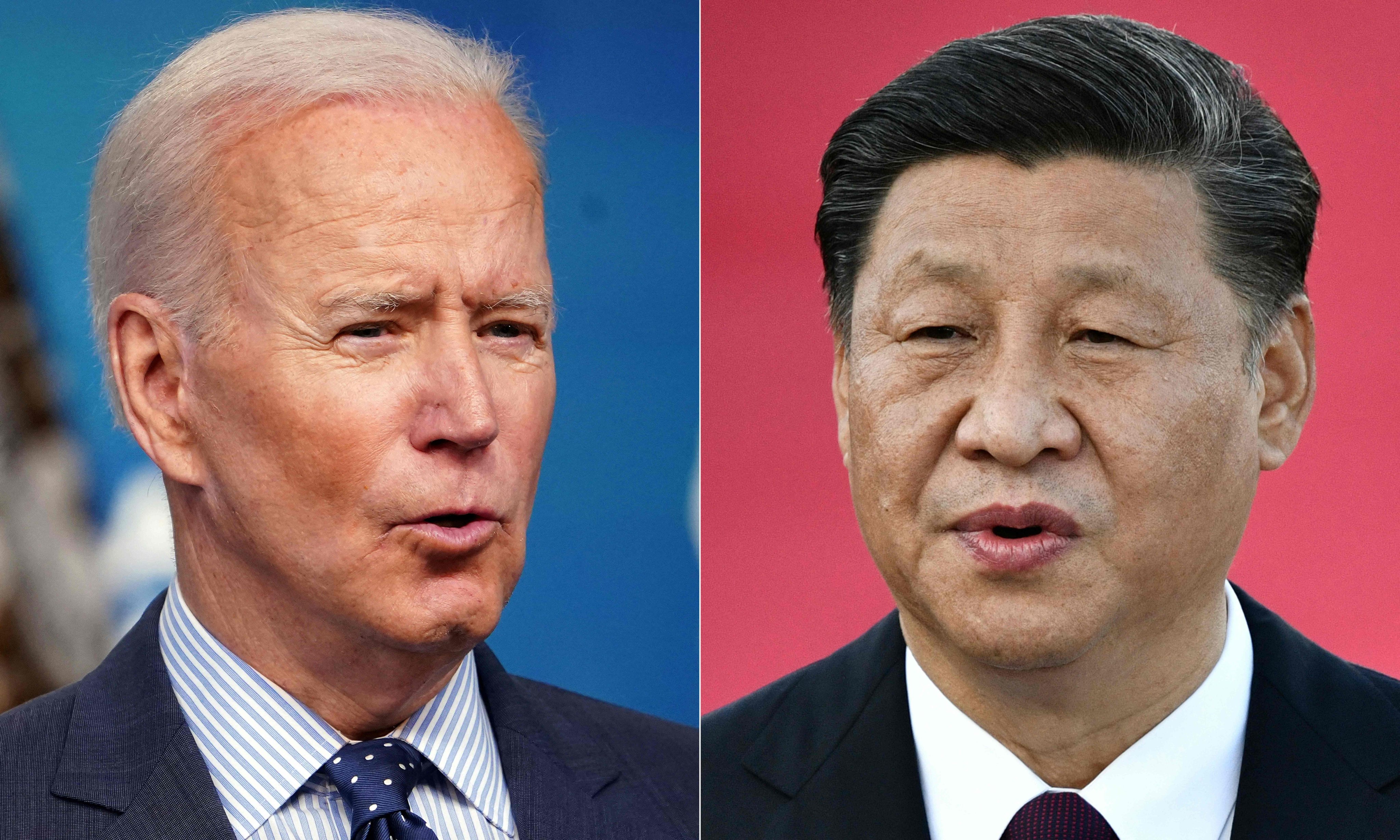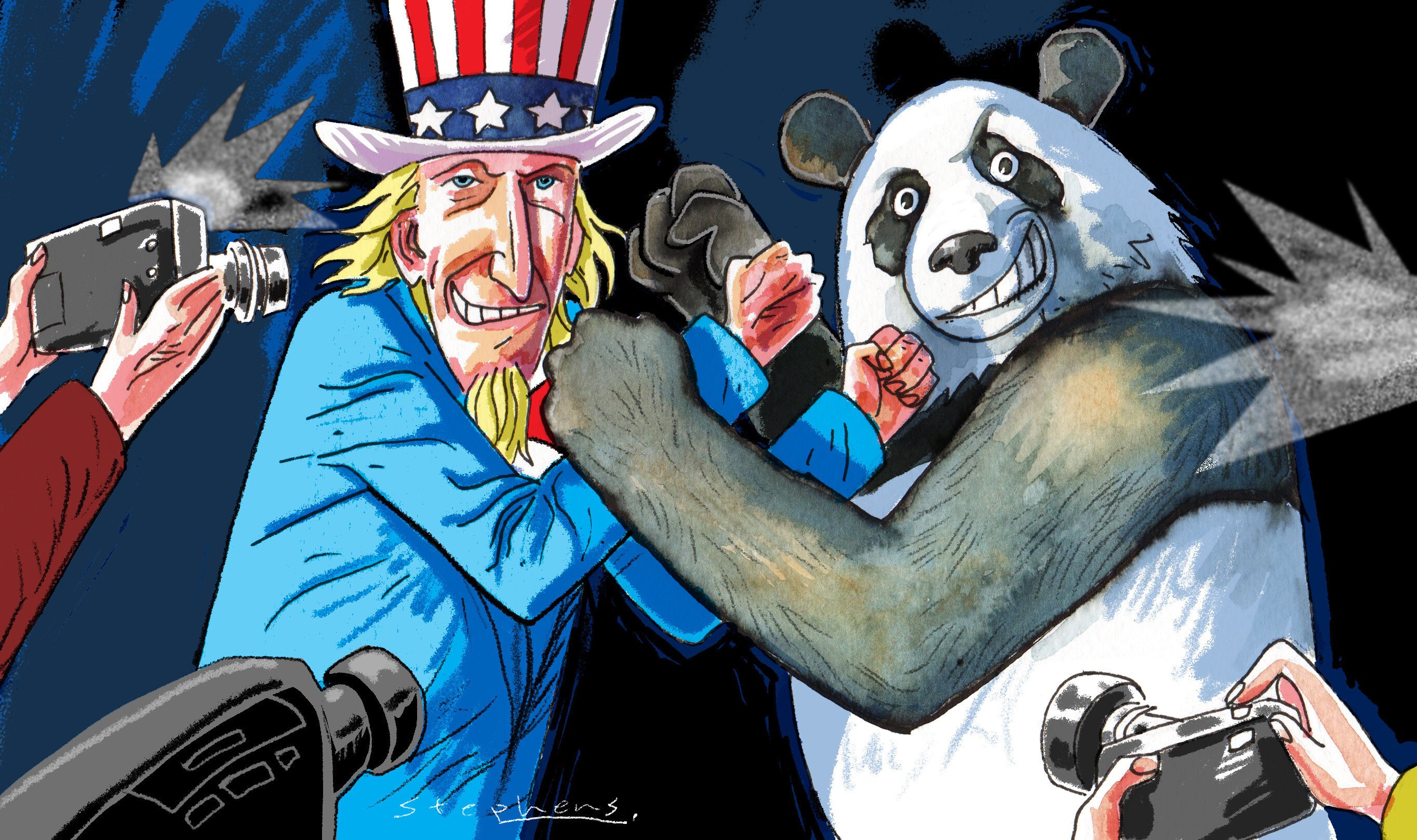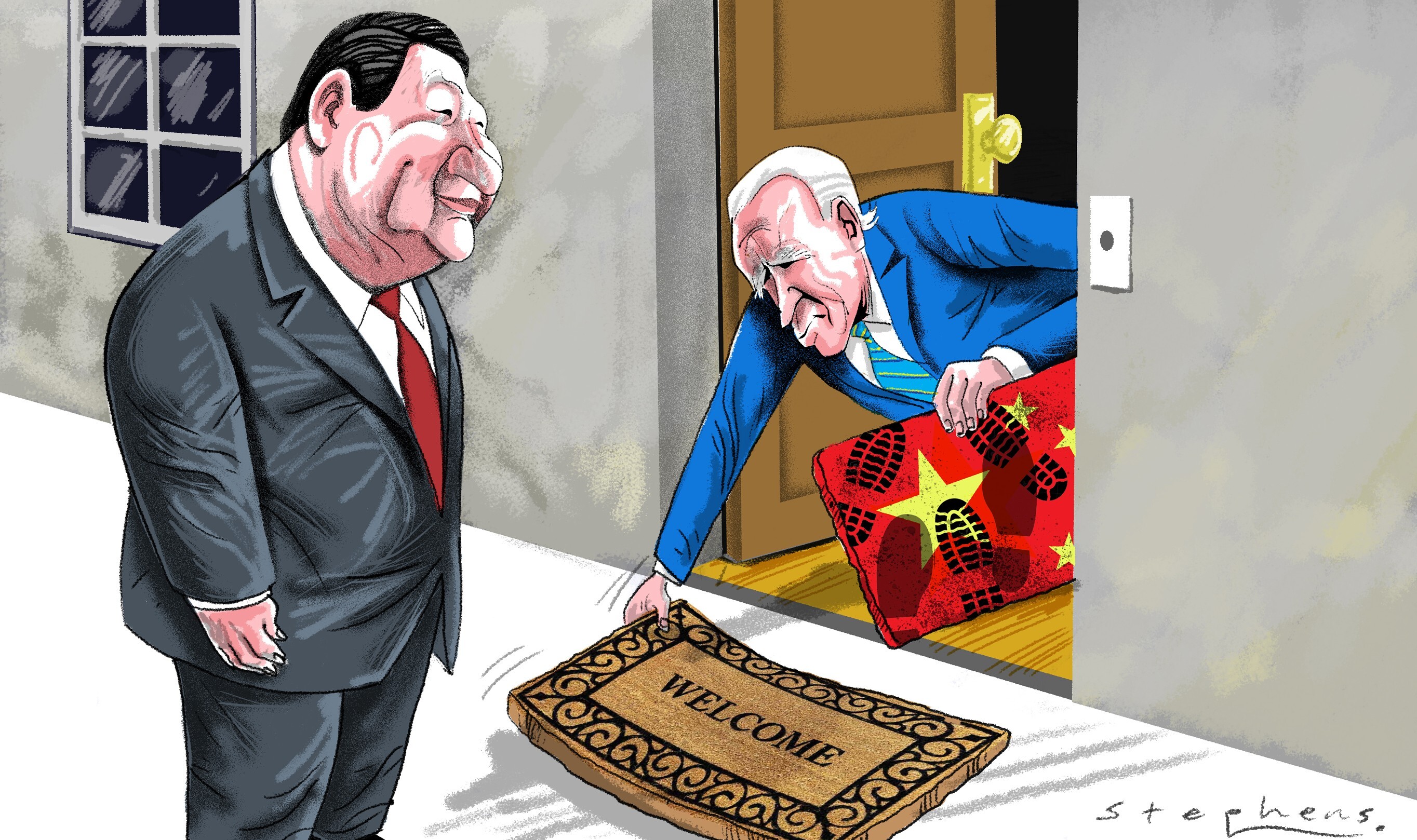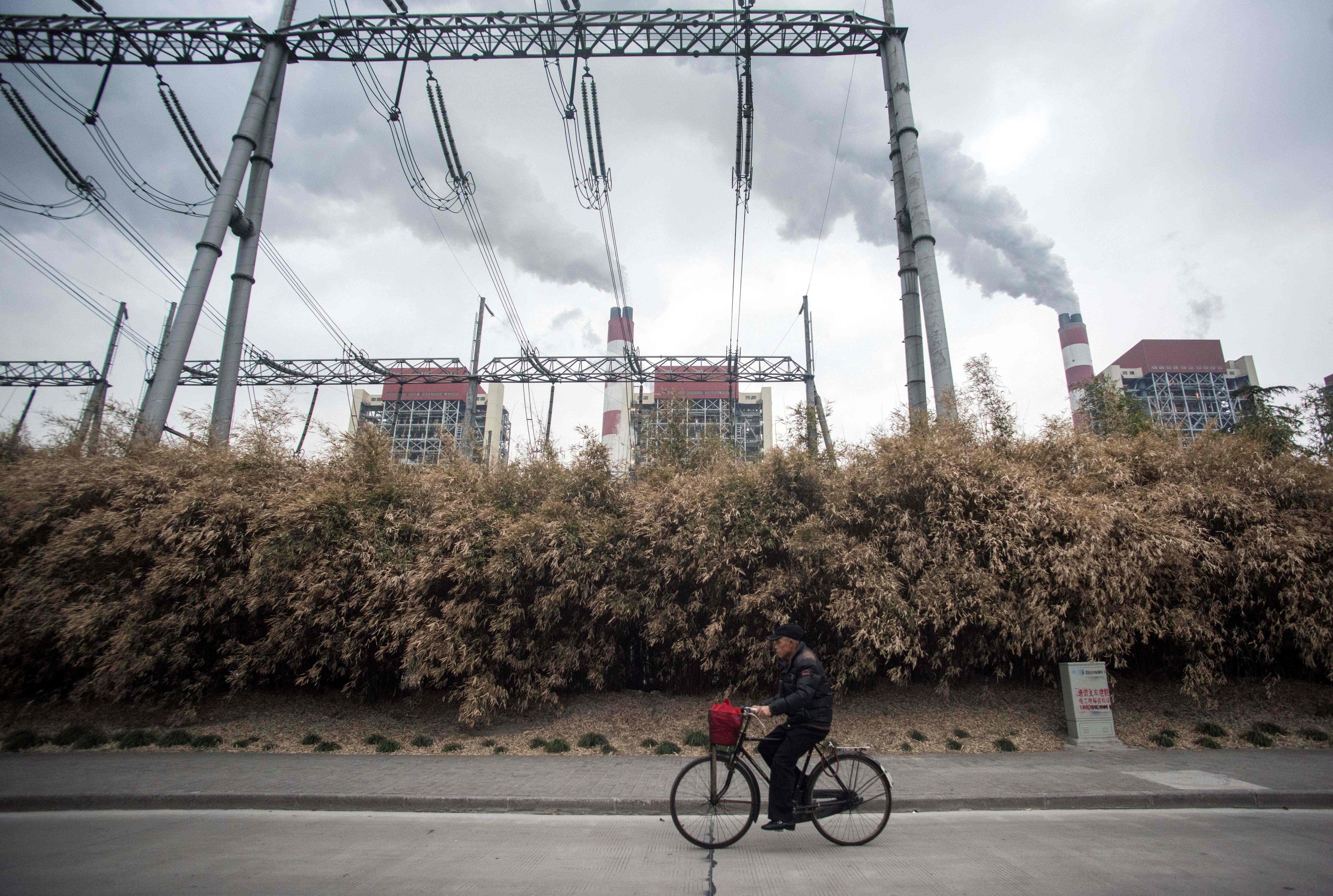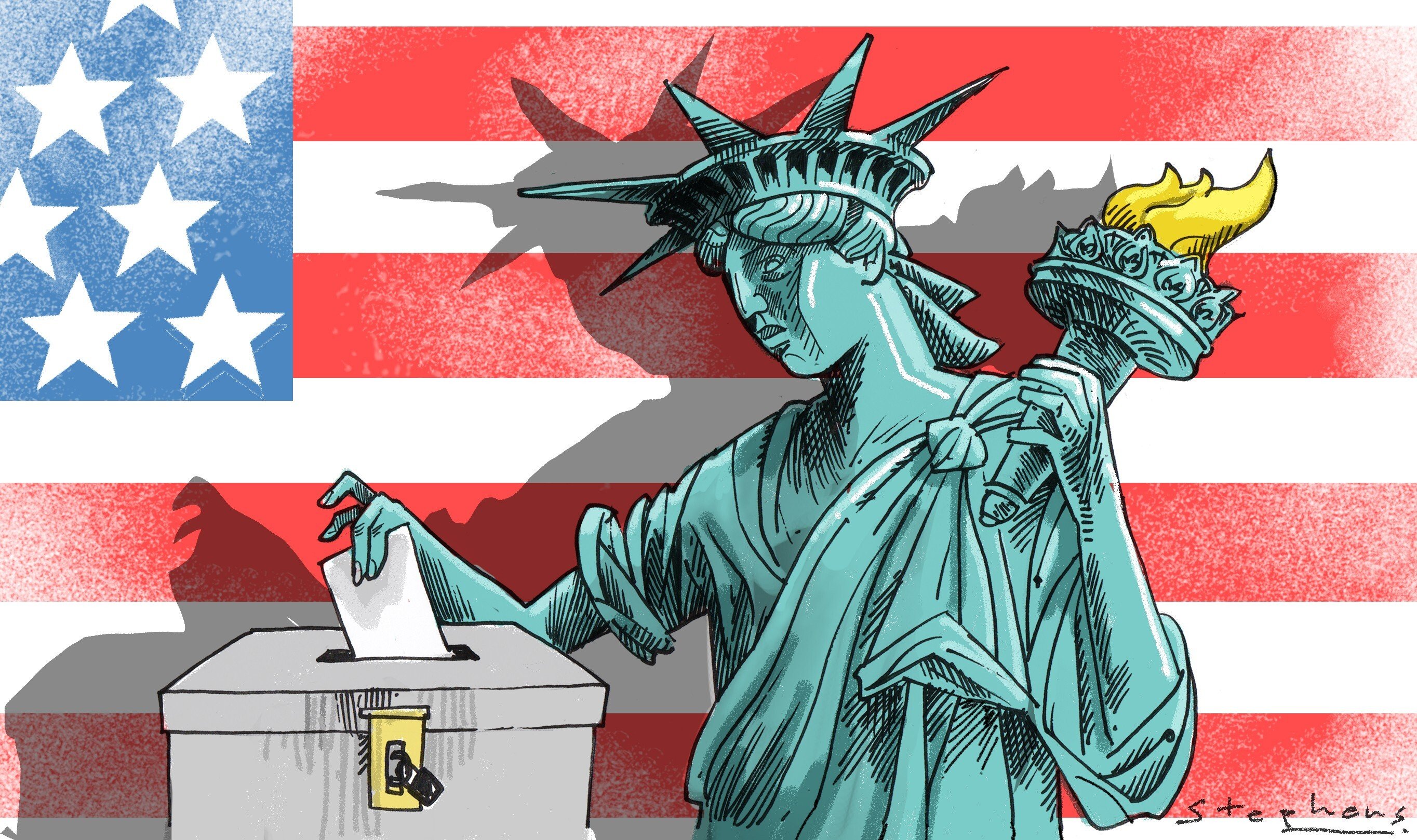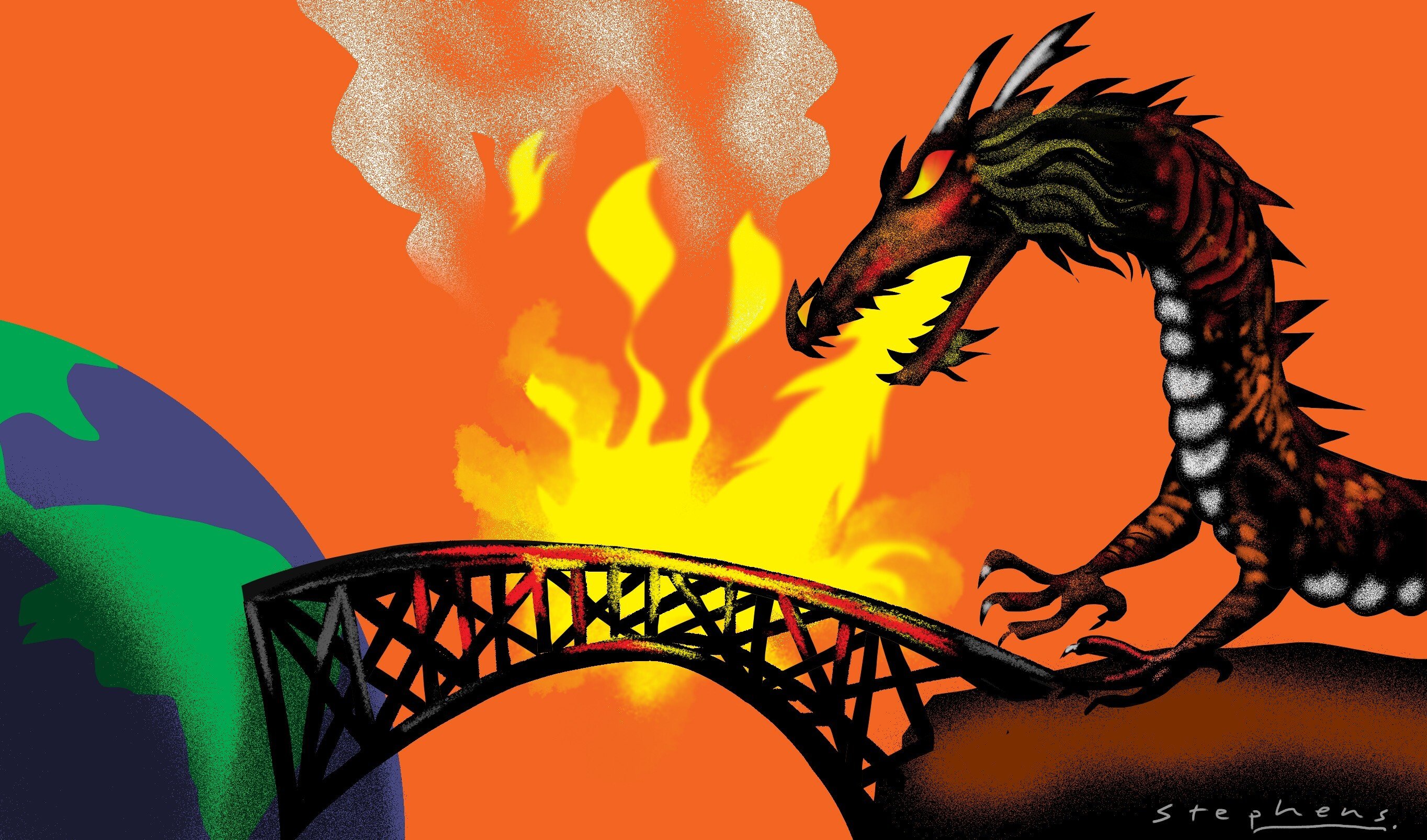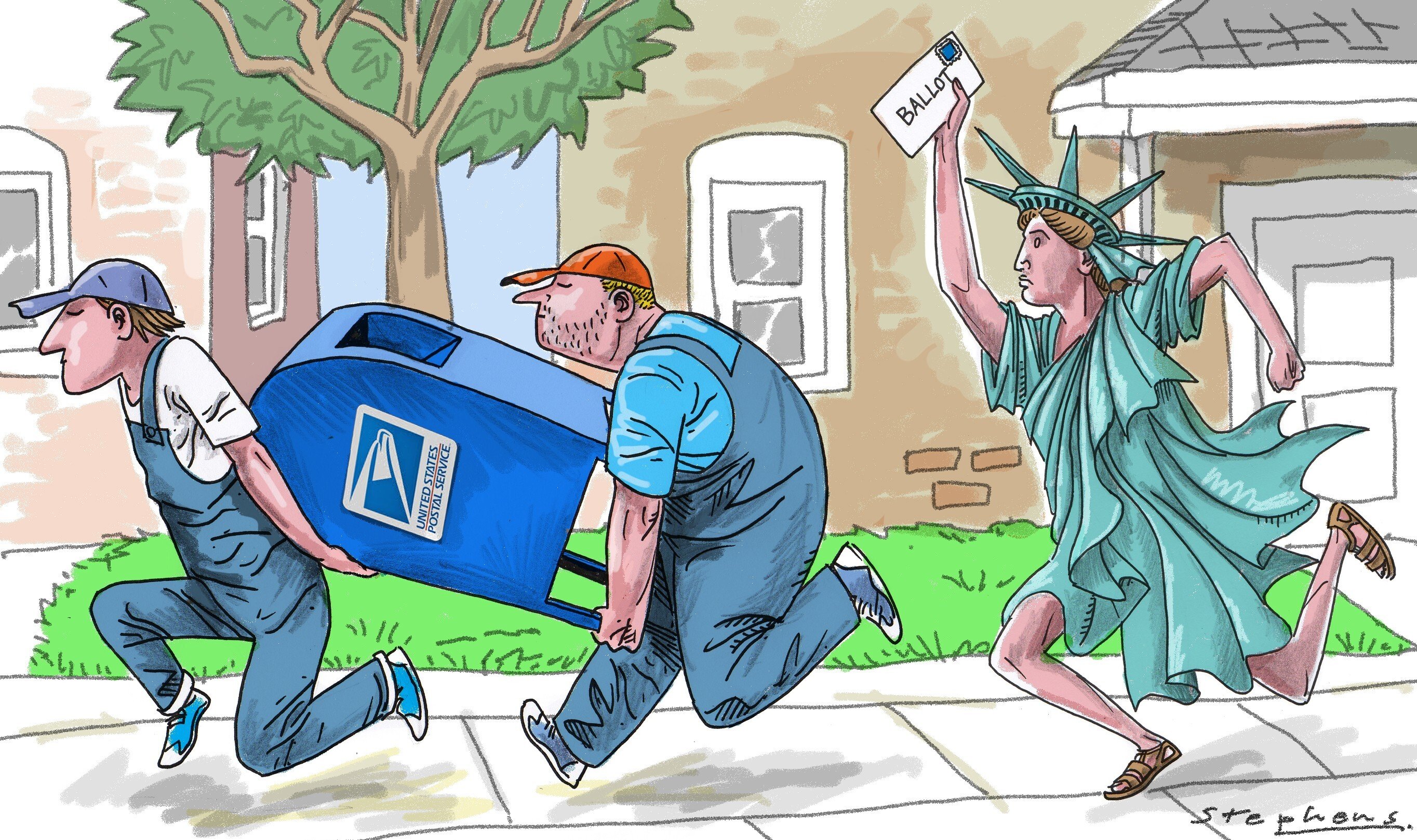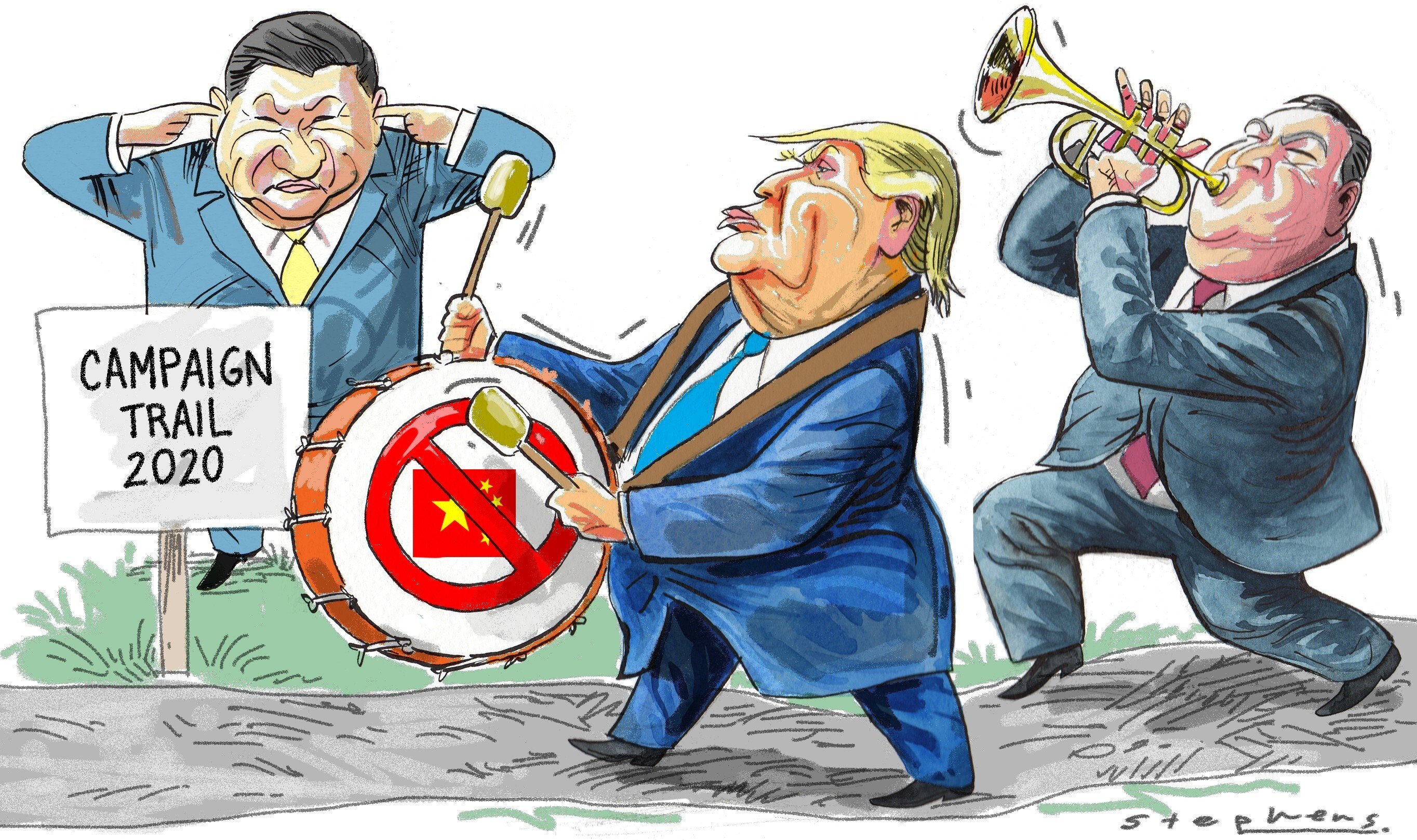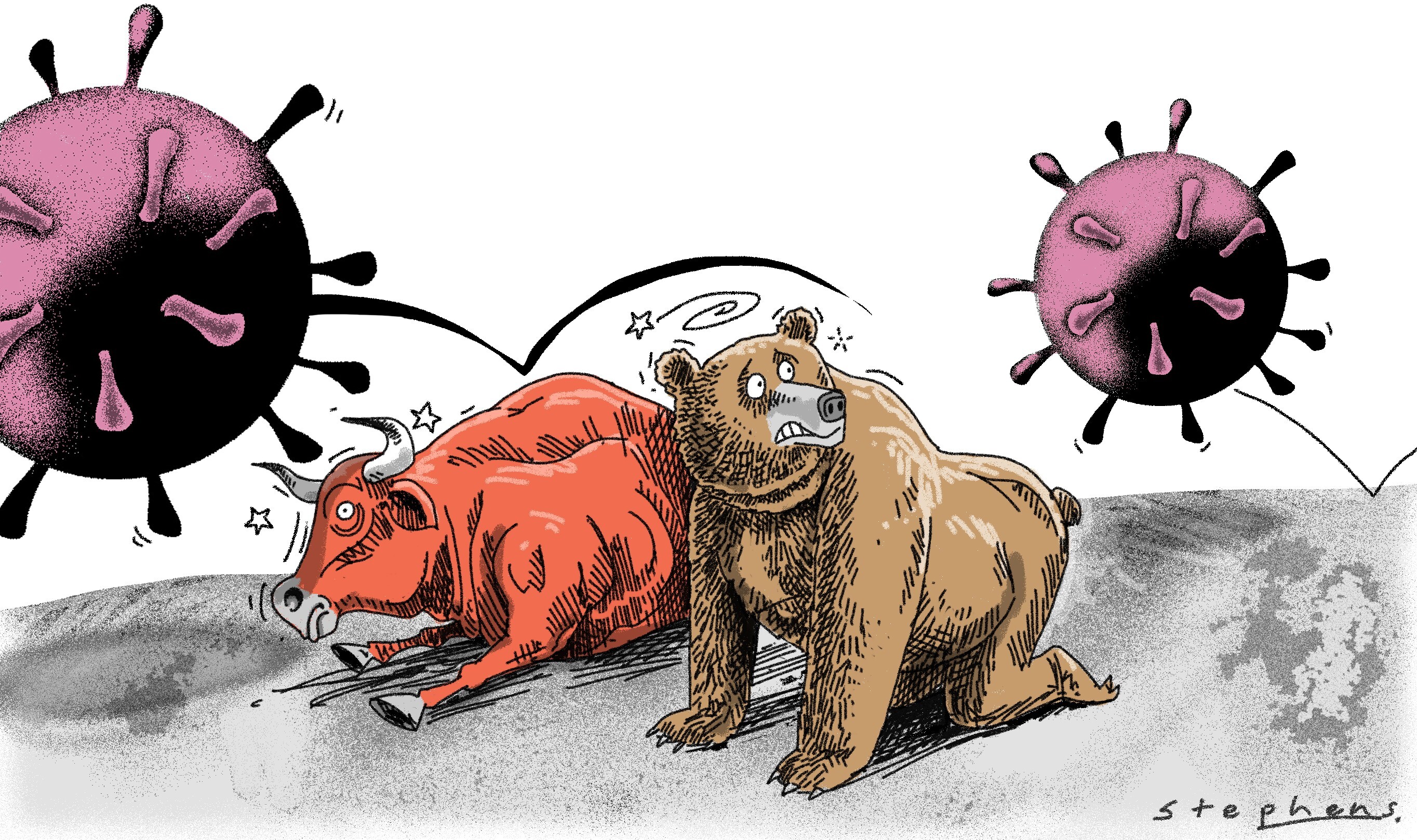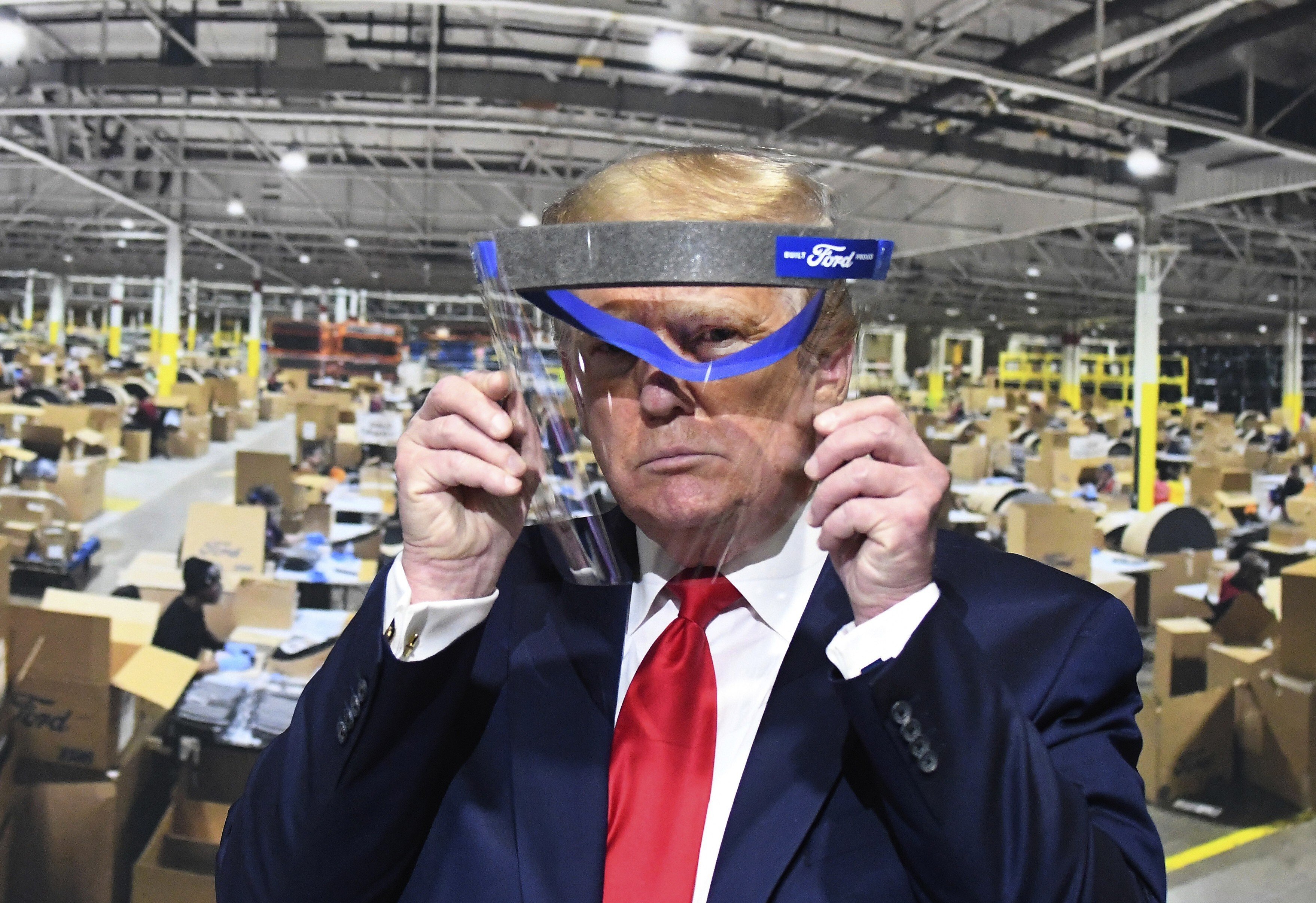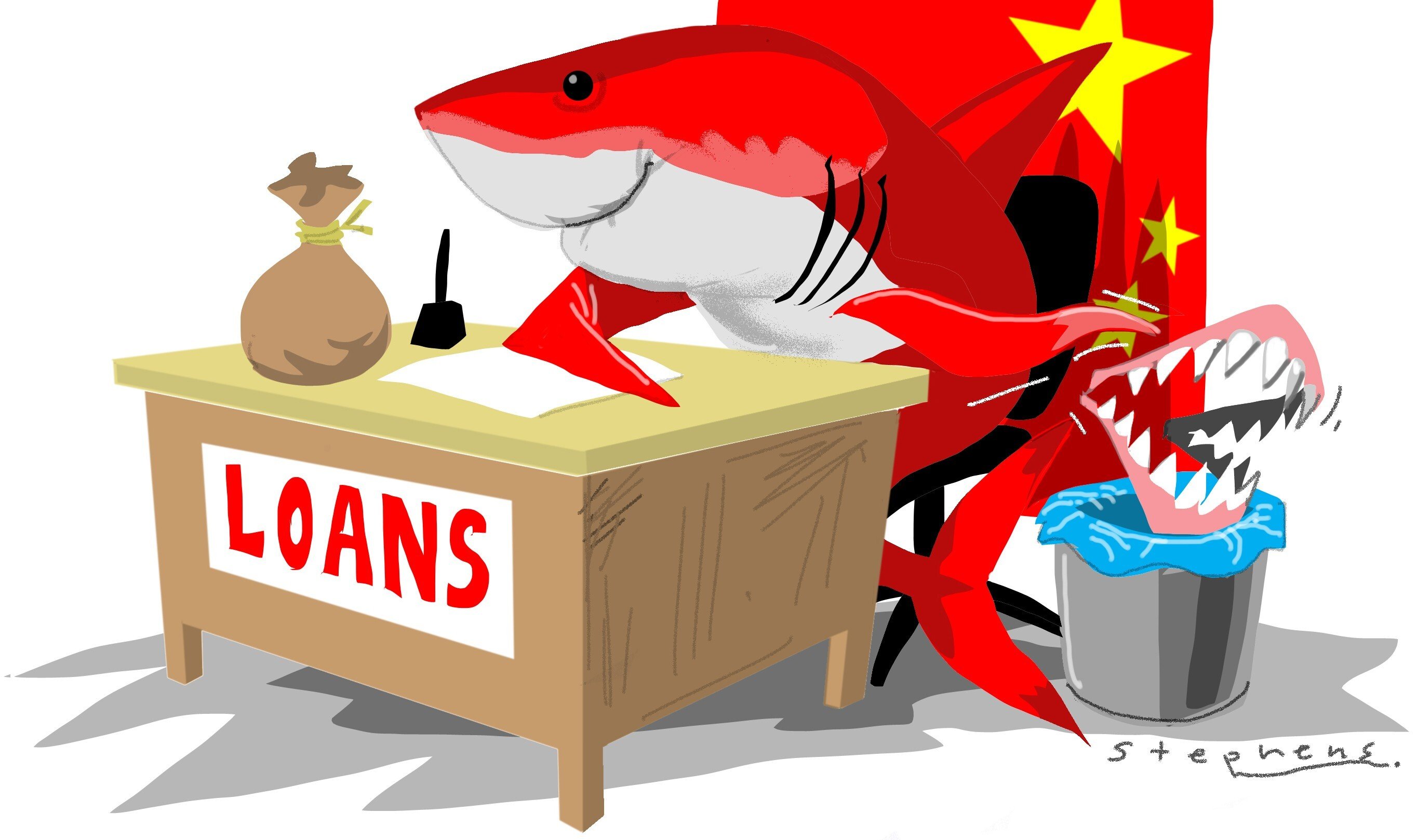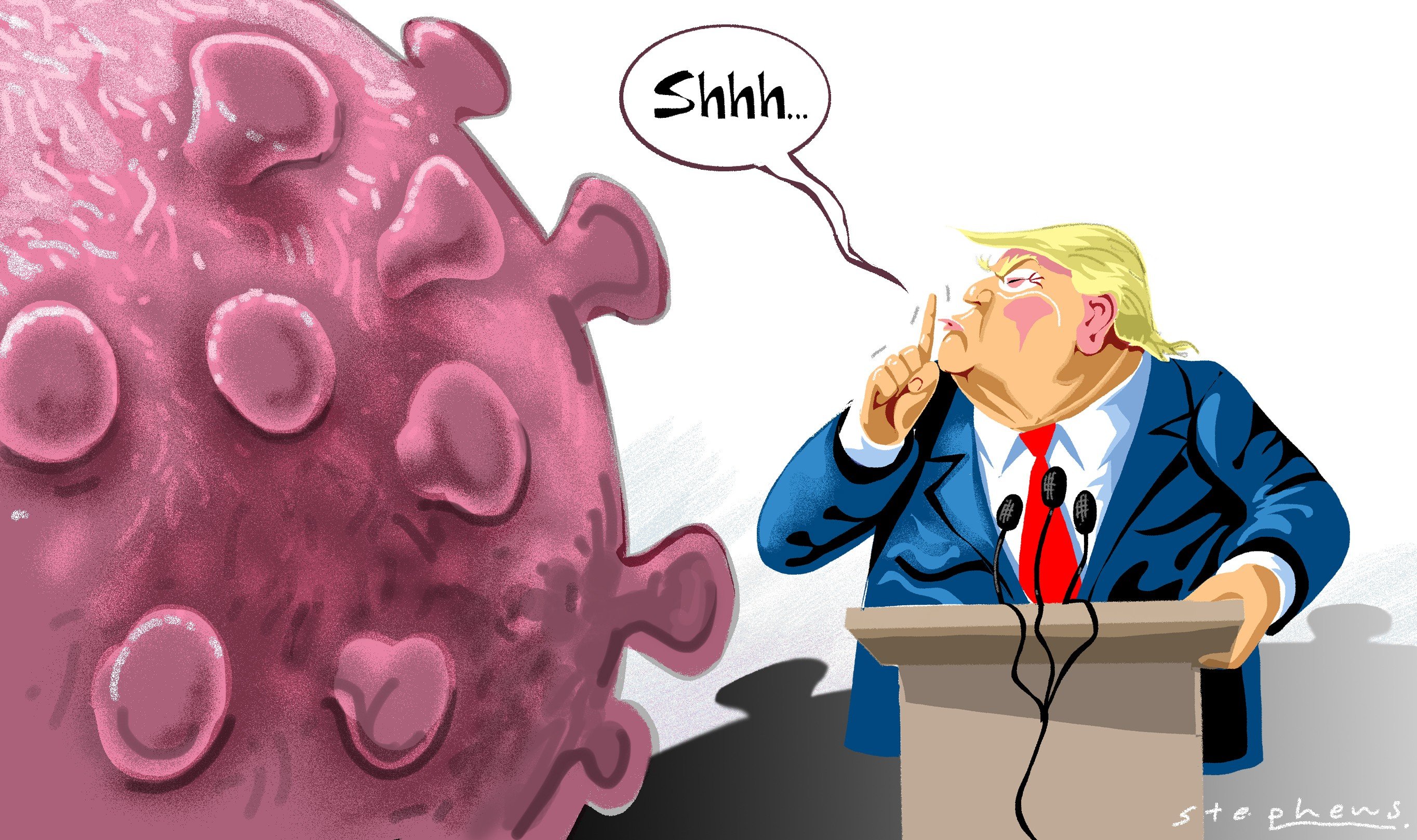
Antony Blinken’s trip to China is unlikely to produce meaningful shifts in the US or China’s existing positions, but that is beside the point. The fact the two are meeting at a high level is a sign the dangerously negative trend in their relationship has at least a chance for repair.
Rising US-China tension makes climate cooperation between the world’s two largest emitters unlikely. But strategic climate rivalry, with the promise of global influence, more competitive industries and greater national wealth, may prove effective.
Between China agreeing for its US-listed firms to be audited and the US extending exemptions on trade tariffs, it’s clear both countries can be pragmatic when needed. With the Xi-Biden meeting to be followed by a trip to China by Antony Blinken, there is yet more room for engagement.
Without control of both the House and Senate, Republicans will struggle to push Biden further to the right on China-related policies. Clear, sustained positions from Republicans could be difficult given internal divisions over policy and whether to support Donald Trump’s run for president.
The US has gone to significant lengths not to alienate China while staying firm on critical issues, in a nuanced relationship where competition and cooperation can coexist, raising hope that the two powers can get along.
The degrowth movement is gaining popularity, but neither people nor countries are ready to stop consuming to save the environment. Instead, we can use the power of economic incentives to dramatically alter the type of growth going forward and still head off climate change.
The exodus is a sign not only of the heavy toll exacted by China’s zero-Covid policies, but also of the country’s turn inwards. Foreigners are no longer considered vital to progress. But the loss of the very people with long-term knowledge, experience and connections to China is significant.
India is moving quickly to secure its place among global power brokers as it grows into a diplomatic and economic force. This shift from a neutral position is largely due to China’s growing influence, with relations plagued by mistrust over armed conflict along their shared borders.
The crises stemming from Covid-19 and Russia’s invasion of Ukraine show the world is sorely in need of greater resilience. Balancing decentralisation with authority is becoming critical for success in new models of investment, business continuity and national security.
Attempts to de-dollarise global trade so Russia can keep selling commodities are running into difficulties while the rouble continues to depreciate. The US dollar’s role as a freely exchangeable currency recognised the world over is withstanding Russian attempts to weaken the West.
His attack on Ukraine has galvanised near global opposition. With the rouble in free fall, the economy teetering on collapse and the country largely isolated, how long can Putin sustain domestic support?
Both China and the United States, the two biggest engines of global economic activity, face severe slowdowns. India and the ‘Asean-5’ could emerge as saviours of global growth, thanks to their young, tech-savvy populations and low wages.
With economic trends getting worse and calls for US companies to bring production home growing louder, the future foundation for the US-China relationship is unclear. Foreign direct investment appears to be the one area of mutual, sustained interest.
Based on available data, it is almost certain that China is not going to meet its import commitments. What comes next is going to be acrimonious and difficult to manage. But both sides should not destroy the benefits of the trade flows that still exist.
Commitments made by countries and corporations are too weak to avert the looming disaster. The onus is on us, as members of societies facing the very real impacts of floods, fires and drought, to act as if our lives depend on it.
If the US doesn’t improve opportunities, economic activity will flow to markets that are easier to access. For the US to truly build back better, it must build more with the rest of the world or the advantages of international trade will be lost.
Despite the Taliban’s reassurances, Beijing’s options will remain limited if violence flares up. But giving the Taliban economic support also risks strengthening extremist groups such as ETIM.
Competition is neither new nor exclusionary to engagement. At most, a Biden-Xi meeting can set the lower limit for disagreements rather than aiming for the heights greater engagement brings, but that might be enough.
The latest high-level meeting had plenty of drama, but the plot is growing stale. Neither side’s opening position has changed much in the past decade. From China’s perspective, unless the US treats China with ‘respect’, (the code word for not bringing up sensitive issues), relations won’t get much better.
Whether the US and China can forge agreements on broader coexistence is uncertain. Cautious pragmatism may be the best one can hope for while the dangers of miscalculation or worse continue to rein in more extreme views.
Unless the United States and China find a way to work together to address the most pressing issue of our time, a disaster scenario is almost impossible to avoid. Their climate change commitments must also not be linked to the contentious issues in the relationship.
When Americans vote for their next president, amid legitimate fears of a disputed outcome leading to legal quagmires and even political violence, they know their political system will emerge stronger for meeting the challenge.
It isn’t that governments don’t understand China, it is that there’s a growing realisation that Beijing is willing to impose its vision on others. The need for engagement and dialogue has never been greater.
The Postmaster General’s attempt to suppress the vote has triggered public outrage, Congress scrutiny and state action to make mail voting more accessible amid a pandemic.
Trump’s team is using China as one of its lines of attack against the president’s opponent Joe Biden while capitalising on the growing realisation in the Asia-Pacific region that China’s expansionist plans must be countered.
The first wave of the pandemic is not yet over but politicians worldwide are declaring victory and rushing to reopen their economies. Lingering uncertainty, spreading recession and a lack of political will threaten to make even the current pessimistic predictions look rosy in hindsight
All the US president’s heated rhetoric and cries of conspiracy cannot change his administration’s shortcomings in responding to the coronavirus outbreak. Smearing China and his Democratic rival merely divert energy from the most pressing issues.
Some of China’s principal loan recipients, with weak health systems and large populations, are going to be hard hit by the pandemic. Restructuring their debt will be no easy feat.
The US president’s apparent reluctance to use emergency powers to ramp up production of critical medical supplies and equipment puts lives at risk.
From the Trump administration’s disbanding of the National Security Council’s epidemic response team to the president’s garbled messaging and the convoluted organisation of his coronavirus task force, the buck will finally stop at the very top.

